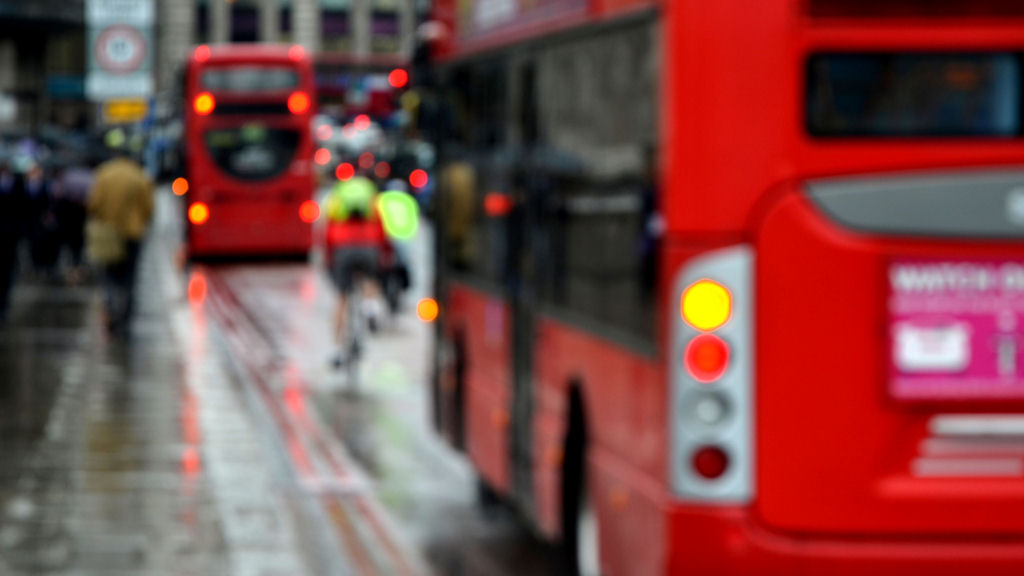MPs say ‘No Go Britain’ must end for disabled people
Access to public transport for disabled people is still unacceptably poor, despite the hoped-for Paralympic legacy, a committee of MPs warns.

For followers of No Go Britain, it will not come as a surprise. But perhaps this time it will make more of a difference.
In a new, wide-ranging report, the transport select committee has branded access to transport for disabled people as “unacceptably poor” and said it is essential that the government and the transport operators work harder to improve the situation.
Chair of the committee MP Louise Ellman told Channel 4 News: “The Paralympics were successful particularly in assisting disabled people getting to the games, and improving access to vehicles and trains. But some of the impetus seems to have gone – and we should hold on to that.”
The committee listened to evidence from key disability rights groups and stakeholders and has now submitted its report to the Department for Transport.
This is everybody’s problem. Louise Ellman MP
“I am hopeful, and we may seek a House of Commons debate on this issue,” said Ms Ellman. “I see this as an ongoing campaign, not just one report.”
She also praised No Go Britain for shining a light on some of the difficulties faced by disabled people on a daily basis – from Paralympian Tanni Grey-Thompson being forced to crawl off a train to Sulaiman Khan from Woodford, who said many disabled people are unable to even go to the toilet on flights because they are inaccessible.
“No Go Britain is doing an excellent job. It’s very important that these issues are brought to the public’s attention and not seen as fringe issues. This affects 11.5m people – that’s a very significant section of the population. This is everybody’s problem,” Ms Ellman said.
The report on access to transport for disabled people recommends:
- The government properly sticks to and monitors its accessibility action plan
- Bus drivers should all have basic training in disability awareness – a European requirement the UK opted out of
- A national public awareness campaign to ensure bus users respect wheelchair spaces
- Financial incentives for bus companies to provide fully accessible vehicles more quickly – and penalties for those who say they are accessible when they are not
- In particular, over the next 10 years there should be audio-visual information systems on all buses
- On the rail network, passengers should not have to book in advance and more investment should be made in accessibility and staffing
- Taxis also need more financial incentives to deliver fully accessible services and training
- For air travel, the committee calls for a change in EU rules so airlines must allow carers to travel free of charge if they are needed – and also calls for a change in the rules on compensation when mobility equipment is damaged in transit
- A new working group focused on accessibility across society.
You can read the full report here.
Guy Parckar, head of policy and campaigns at the charity Leonard Cheshire Disability, said: “As the report states all too often, disabled people find that inaccessible transport prevents them from enjoying the same opportunities as anyone else. It can mean people turning down jobs, missing medical appointments, ending up trapped and unable to get out and about.
“We have seen some change for the better, but we should be looking to make the UK the world leader in access for disabled people. A transport system that really is accessible for everyone must be at the heart of that.”
In a statement, the Department for Transport said: “This government knows how important high quality, accessible public transport is for people with disabilities and we are taking action.
“For example, our £370m Access for All programme is delivering improvements at over 1,000 train stations and we recently announced an additional £100 to carry the work of the scheme forward.
“We thank the committee for its work and will respond to the report and its recommendations in due course.”
